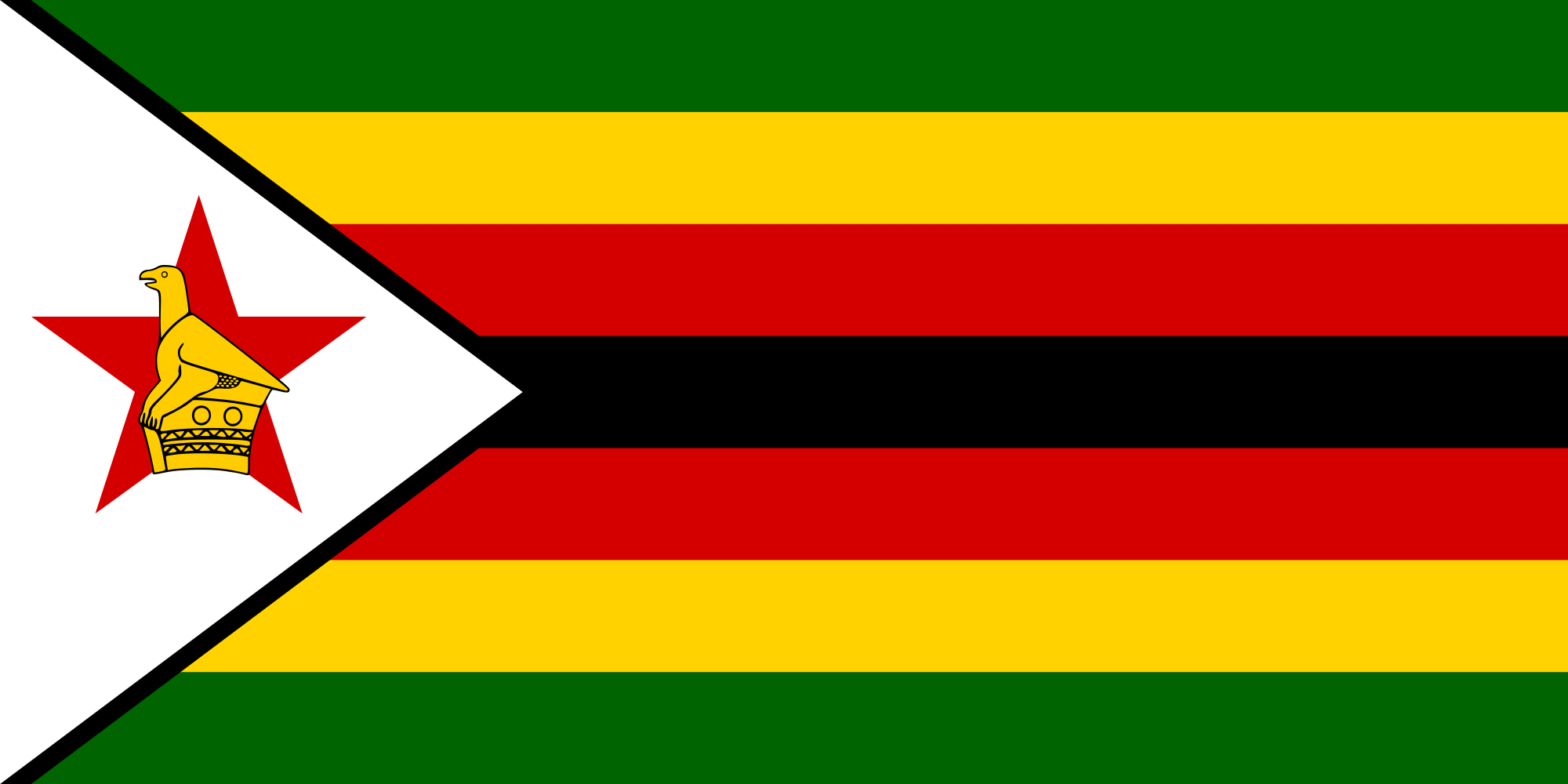Zimbabwe seem to be doing very well when you look at the foreign currency earnings. This is especially the case when you look at other countries such as Ethiopia and even Rwanda. They are really finding it hard to meet any forex obligations and they are also being paralysed by the country’s own economy too. The African country received over $6.3 billion in inflows and this is shocking when you compare it to the $5.5 billion that they had in the same period. This represents a 13.9% increase. By any measure, this really is a huge amount of money and the figures do show to be favorable when you look at other countries as well. Ethiopia for example have a population of 105 million and they managed to receive around $1.8 billion from any export proceeds.
These countries seem to be doing very well, and this is especially the case when you look at Zimbabwe. They have a population of 14 million and they are struggling to meet the demand for Forex and even for fuel imports as well. Analysts are pointing to the country’s foreign products. They important a huge number of things that can in fact be produced locally. For instance, the country handles a lot of diapers, waters, grain and even toothpicks. A lot of economic analysts have stated that there is absolutely no need for the government to try and revive the agricultural sector. In fact, Rwanda exports far more than it imports, and Ethiopia has a largely negative balance. It is however under control because of capital inflows. The government have wrecked agriculture and ever since then, it looks like only tobacco has recovered. They have been importing food every single year for the last 20 years and soybeans, fresh vegetables and even maize have costed billions. They believe that they should never have to spend on imports. They are also frightening investors and the amount that has come in on capital is not enough to rebound them. Robertson has stated that not many people have had a formal job since the 1980s and the population has more than doubled since then. The country’s growth has not been reversed at all by governmental policies and now there may be 2.5 million people who have formal jobs. They now have 800,000 formal employees and a lot of people wonder what they might be producing if they were to employ more. This is especially the case if they are able to rocket this amount. At the end of the day, it’s not about putting farmers onto the land that they have tenure on, it’s about helping them to plan good farming operations. They do still need to carry on importing food until they get their efficient farming methods back on track. Persistence Gwanyana agreed with Robertson that underperforming can make the country very reliant on imports and this can cause a huge issue. The challenge is about how Forex is utilized. At the end of the day, they are a very consumptive economy and they are absolutely dependent on imports as well. While they have generated more, they have also happened to use more as a country. That is why they have a trade deficit this year, but you would want to know why they are consumptive. This is because they don’t actually have an industry at all. Local production is very low when compared to what is required to actually sustain the industry. This is the major issue that is happening with Zimbabwe at the moment, but the other issue is that it is generated by a few commodities. Five of them alone contribute to 85% of the country’s currency. This includes diamonds, chrome, tobacco, platinum and gold. These contributors really have not been willing to release their foreign currencies into the market and the main reason for this is because the exchange mechanism is 1:1. The industry and commerce commissioner has told everyone that the issue is not about how much currency they are generating, but more about how they use their money.
He believes that on average, foreign currency has been allocated by the Reserve and that more than half of it was set aside so that they can import three different products. This includes fuel, electricity and cooking oil. It is very important for local manufacturers to optimize the scarce currency that they have. They can do this by maximising the local procurement of a huge range of local materials.
It is important that the business community, retailers and even wholesalers offer their support to the local community. They also need to make sure that they are willing to support local production and even initiatives as well. Reginald Shoko is the economic analyst for the country and he has stated that the country is being weighed down by a parallel market. The biggest challenge is that there is a minimal amount of contribution to the local economy.
He would like to believe that they do not have a challenge of Forex. He would Iike to say that the challenge is all about getting the currency in the market, and that it needs to be a formal market as well. The interbank system that they have right now will help towards this, but it does exclude the citizenry who receive Forex. The confidence in the sector is plummeting and this is not helping matters at all. Gwanyana has argued that the bank system would need to offer an incentive to try and encourage the movement of forex and they would also need to come up with a good structure that is able to sustain this as well.



